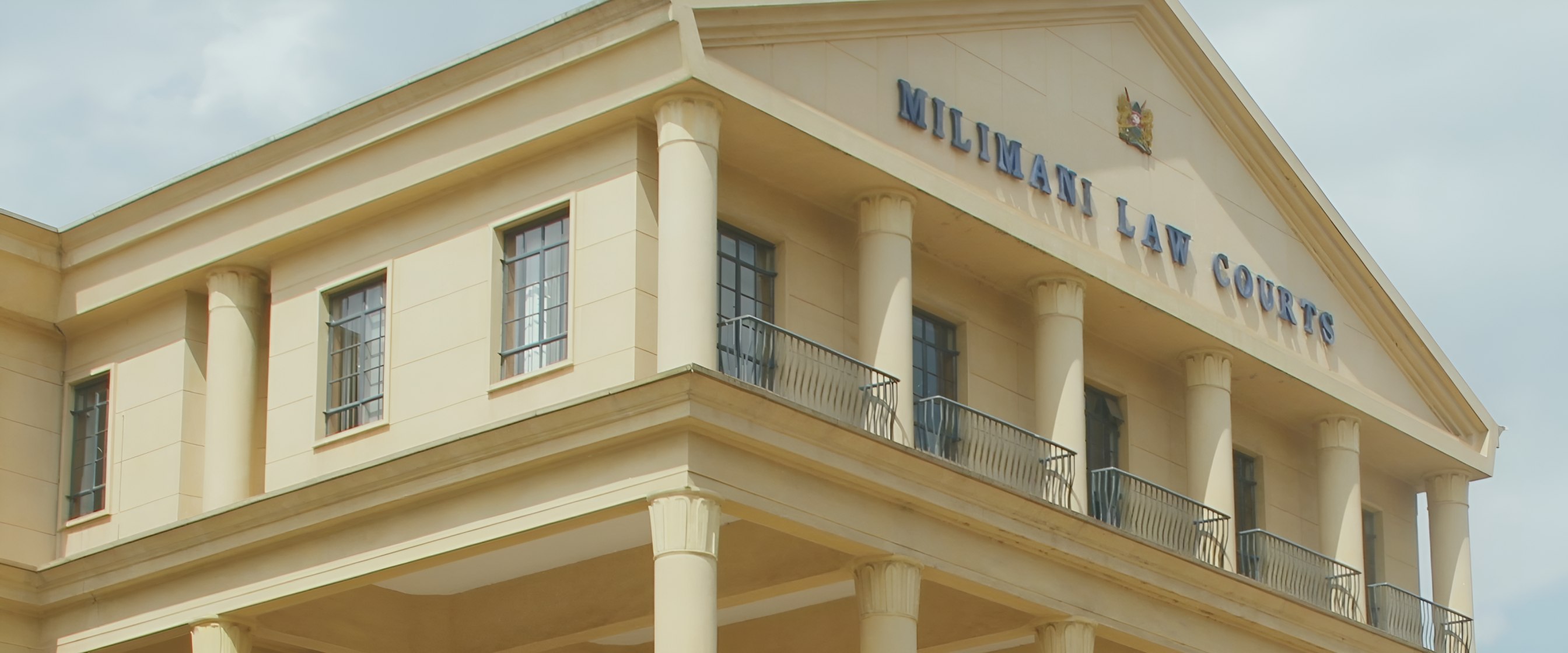The High Court in Nairobi has suspended a directive by the Communications Authority of Kenya (CA) that barred media houses from broadcasting live coverage of ongoing protests, offering a major win for press freedom and public access to information.
Justice Chacha Mwita issued the conservatory order on Wednesday, following a petition filed by the Law Society of Kenya (LSK), which argued that the CA directive was unconstitutional and a threat to the freedoms guaranteed under the Bill of Rights.
“I am satisfied that [the pleadings] raise fundamental constitutional questions touching on potential violation of the Bill of Rights in the Constitution and freedom of the media calling for intervention by this court,” Justice Mwita ruled.
The CA had earlier directed all television and radio broadcasters to cease airing the Gen Z-led protests taking place across the country on June 25, citing national security and public order concerns.
The order triggered uproar from media stakeholders, civil society groups, and legal experts who saw it as a dangerous attack on free expression and transparency.
In his ruling, Justice Mwita ordered that the CA directive—Ref No. CA/CE/BC/TV90A—and any other related order be suspended with immediate effect.
“A conservatory order is hereby issued suspending, with immediate effect, the directive... to all television and radio stations directing them to stop live coverage of the demonstrations of 25th June 2025 or any other demonstrations, until the hearing and determination of the application and petition,” the judge stated.
He further directed that any broadcasting signals that were shut down as a result of the CA’s order be restored immediately, pending the outcome of the case.
All respondents in the matter have been instructed to file their replies within three days, with the court set to issue further directions on July 2, 2025.
Acknowledging the urgency and national importance of the issue, the judge allowed service of the court order through email, newspapers, and live broadcasts.
The ruling comes at a time of growing tension in the country, as thousands of protestors continue to occupy major towns, demanding accountability and action on pressing national issues.
The High Court’s intervention offers a temporary reprieve for the media and reaffirms the judiciary’s role in safeguarding constitutional freedoms.
